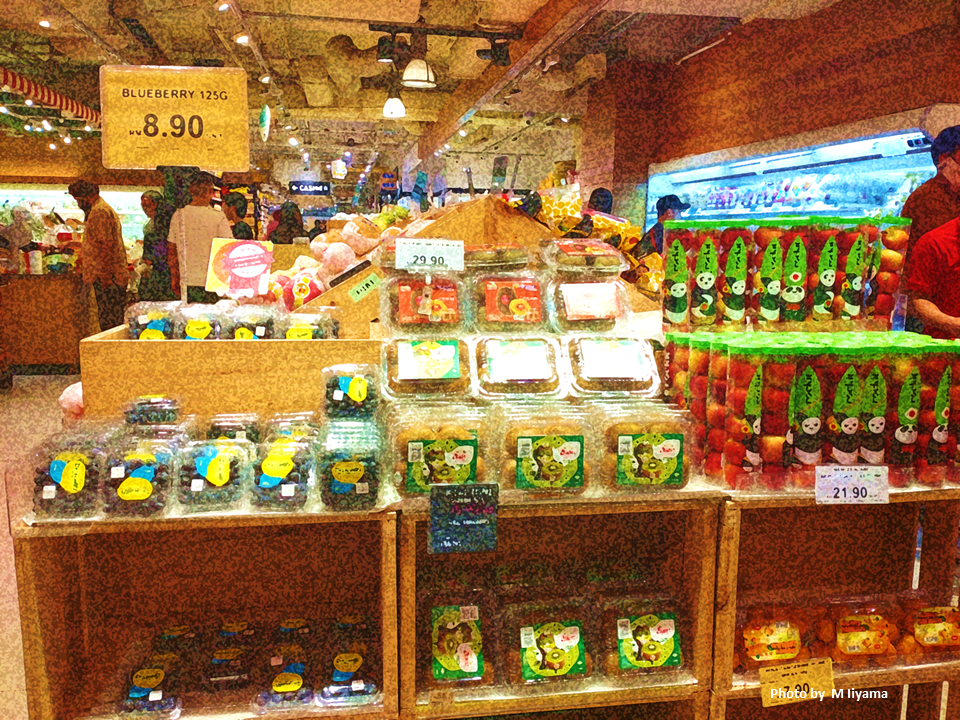Pick Up
1345. Food System Transformation: Rationale and Methodology

1345. Food System Transformation: Rationale and Methodology
Transforming the global food system and achieving a resilient and sustainable food future is one of the most urgent challenges facing humanity. Global shifts in food demand and dietary habits are placing unsustainable strains on health systems and the environment, while also creating several new threats to food production and supply. While the need for change is clear—including the negative impact of diet-related diseases on labor productivity and premature deaths, the destruction of natural resources needed to support food production, the food system's high contribution to greenhouse gas emissions, and predictions that it will become increasingly difficult to maintain a food supply large enough to feed the global population amid continuing socio-economic, political, and environmental challenges—several factors make identifying effective policies extremely challenging. These factors include the food sector's large contribution to the economy, its impact on rural livelihoods, the complexity of global interactions, and the imbalance in power relationships between producers and retailers.
A paper published in the journal Philosophical Transactions of the Royal Society B: Biological Sciences discusses the rationale and methodology for food system transformation.
Traditionally, agriculture and nutrition have been considered the fields most relevant to global food supply, but the list is now even longer. It now ranges from genetic engineering to process engineering, including methods for blending multi-ingredient foods, and from simple supply-and-demand economics to economic modeling that geographically drives food sourcing to ensure year-round supply. As a result, in recent years there has been a shift toward interdisciplinarity (where research questions in one field are informed by related research in another), and a trend toward non-research sectors (different players in the broader food system) co-designing and co-implementing research projects (individual studies) and programs (interrelated projects).
It is important to consider the complex interplay between health, environmental, and socioeconomic factors and explore potential trade-offs to ensure solutions to problems in one area do not come at the expense of others. Interventions to improve the availability and affordability of healthy food must also ensure the profitability and viability of the farmers and businesses involved. Similarly, measures to improve environmental quality cannot be implemented at the expense of food security, and vice versa.
The first challenge to successful food system transformation is developing new approaches that enable the necessary interdisciplinary research. This paper examines this issue from a global perspective, illustrating the challenges facing all countries and recognizing the importance of long-term programs and investment cycles that leverage the interconnectedness within agri-food systems and include diverse voices in decision-making, while requiring each country to develop unique solutions to overcome these challenges.
The paper draws on findings from research conducted in the UK to identify key areas of action to support food system transformation, spanning production, manufacturing, supply chains, and consumption, considering both local communities and policies, and offering implications for researchers as well as practitioners and policymakers. The research emphasizes the importance of collaborative design and participation by all stakeholders in the food system, from farmers to policymakers, community organizations, large corporations, and small and medium-sized enterprises. This is essential to providing evidence to inform decision-makers on how to transform food systems to be healthier for people and the planet.
(Reference)
Horton, P., Gill, M., Poppy, G. 2025, Food systems transformation: rationale and methodologies. Philosophical Transactions of the Royal Society B: Biological Sciences https://doi.org/10.1098/rstb.2024.0146
Contributor: IIYAMA Miyuki, Information Program
